When facing a difficult situation, it is human nature to try and seek a silver lining.
For nationalist strategists regularly reviewing steadily declining poll ratings for the SNP, that silver lining has always been that support for independence has remained relatively constant.
The hope here is that while people may be annoyed with the SNP – blue tent, camper van, iPad etc. – they can nevertheless be won back to the cause because of their views on the constitution.
And, with around half the population still backing separation in most polls, this is a theoretically rich seam from which Humza Yousaf can mine.
The problem for the SNP is that no one actually cares about independence anymore.
Of course, they still theoretically support separation. It has become a key part of their political identity since 2014 and, were a vote to be held tomorrow, they would support it.
But do they actually want a vote tomorrow? No.
Do they view independence as an important issue? No.
Do they even think, despite their support for it, that independence is actually a good idea? Probably a no too.
‘Figures that would make The Nine blush’
A Redfield and Wilton Strategies poll this week suggested independence would be a determining factor for just 15 percent of voters in Scotland at the general election – the lowest total ever recorded.
And more troubling still for the SNP is that these results are not an aberration, but reflect the real world actions of voters.
A report in the Daily Record this week suggested that downloads of the Scottish Government’s Building a New Scotland independence papers – produced at vast taxpayer expense – have plummeted, providing direct evidence of dwindling interest.
Where the first paper – launched by Yousaf’s predecessor, Nicola Sturgeon, in June 2022 – received almost 80,000 views, one of the most recent publications in the series received just 1,295 views.
These are viewing figures that would make BBC Scotland’s The Nine blush.
Perhaps more problematically still for the SNP is that, while interest in independence is dwindling, concerns in other areas are rising.
In news that will not surprise anyone except the most deluded nationalist, 58 percent of Scottish voters ranked the economy as the most important issue at the general election in the same Redfield and Wilton Strategies poll, followed closely by the NHS.
Immigration, education, housing and the environment also scored more highly than independence on the list of Scottish voters’ priorities.
Revealingly, those poll findings also mirror interest in the Scottish Government’s independence papers, with the report on how separation would deliver a “stronger economy” proving the most popular among the public, while reports on migration and citizenship also received tens of thousands of views.
‘Multitude of SNP failures’
Yet any attempt to make the election about real world issues like the economy or NHS is fraught with risk for the SNP and will be undermined by Yousaf’s own inconsistency.
On economic growth, for instance, the SNP has made Scotland the highest taxed part of the UK, while simultaneously freezing council tax.
It frequently claims to support business but regularly interferes, prioritising instead the creation of a wellbeing economy, while not being able to ever satisfactorily define what that nebulous concept actually is.
This contradiction and lack of direction is not limited to the economy but can be extended across all devolved policy areas.
It is in this context that Yousaf again this week tried to make the general election about independence, warning supporters of separation that backing his partners in government, the Scottish Green Party, risked splitting the anti-UK vote.
But the problem for Yousaf is just that – as the polls now show – very few people care anymore.
Indeed, it is now clear independence was a raffia palm leaf of epic proportions, covering a multitude of SNP failures.
Its sudden removal leaves little to shield the nationalists from scrutiny.
This reality places Yousaf, Janus-like, in an electoral bind from which he cannot easily escape.
Could independence be SNP’s undoing?
If he chooses to focus on the issues that matter to people, he is almost immediately undone by his party’s record after 17 years in government and – perhaps to an even greater extent – by the SNP’s general irrelevance in a two-way, UK-wide general election contest between the Conservative Party and the Labour Party.
Equally, if he chooses to focus on independence – as he did earlier this week – he risks not only sounding deluded but also alienating large swathes of the electorate for whom secession is simply no longer a priority.
Meanwhile the Labour Party – for so long crushed under the combined weight of the constitution and Sturgeon’s competence – is now free to build a broad electoral coalition of Scottish voters who simply pine for decent and fair government.
Far from being a silver lining, then, independence may well prove to be Yousaf and the SNP’s great undoing.

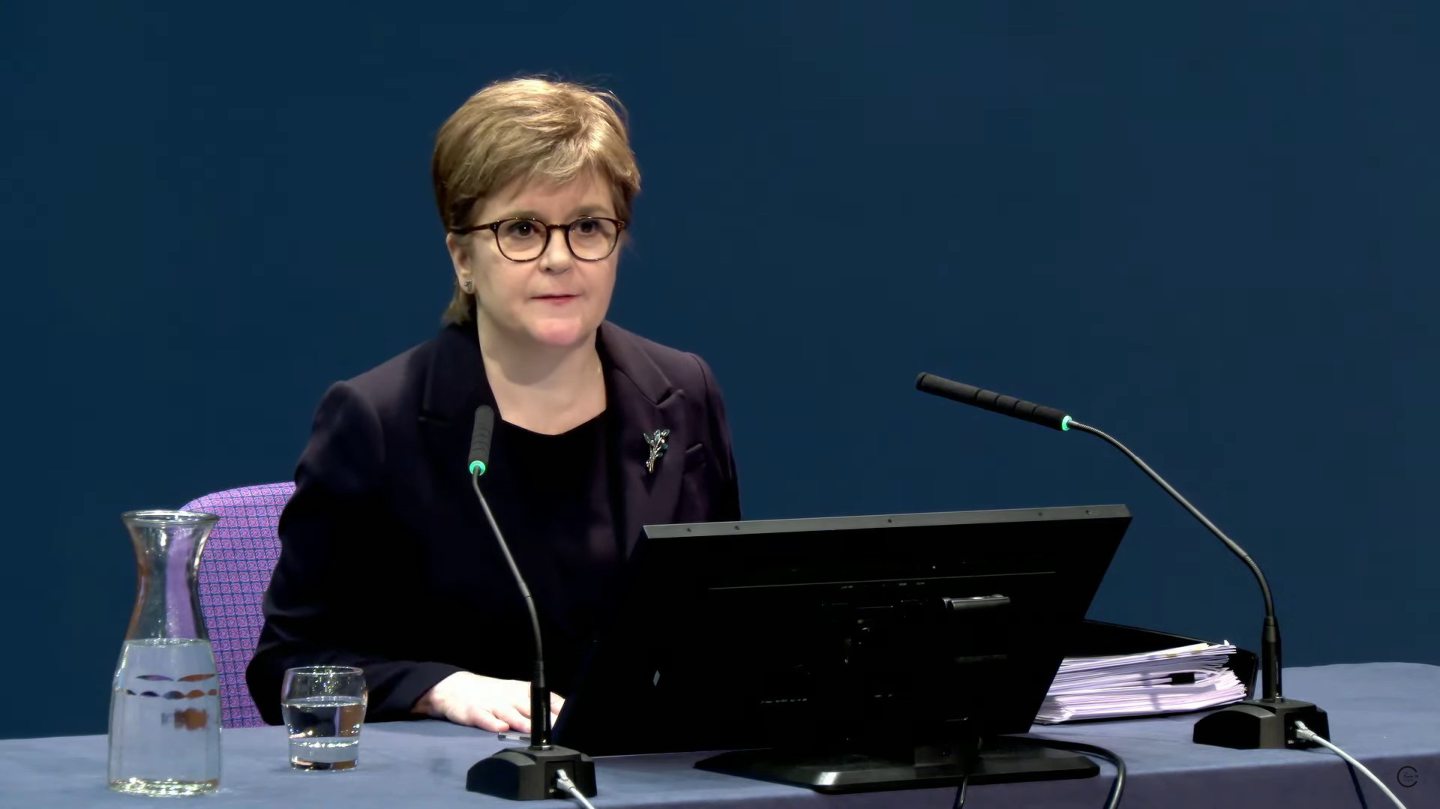

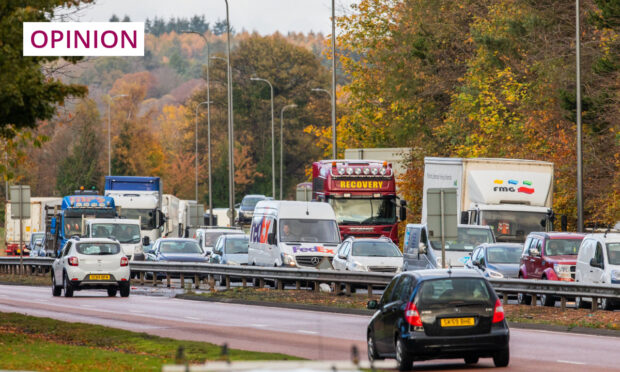
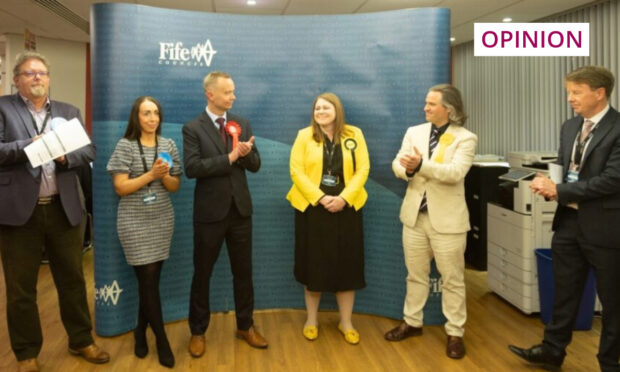

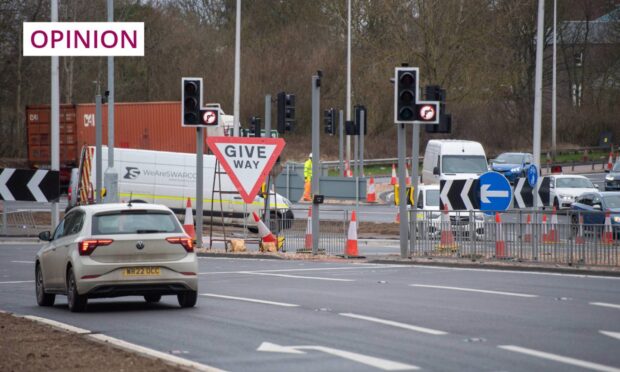
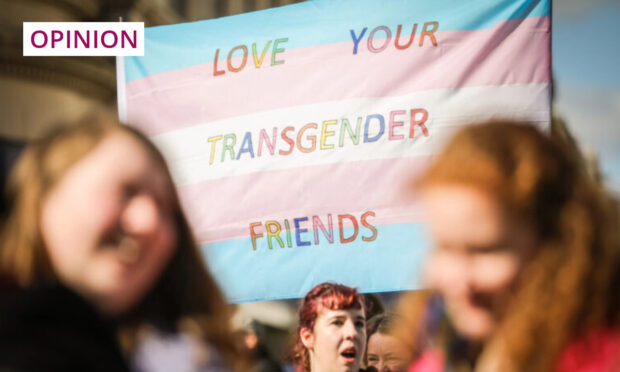
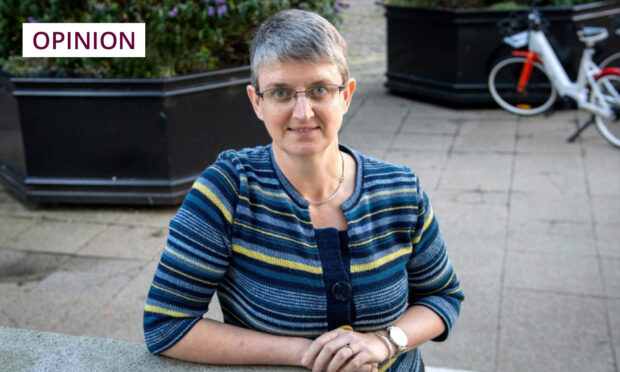




Conversation